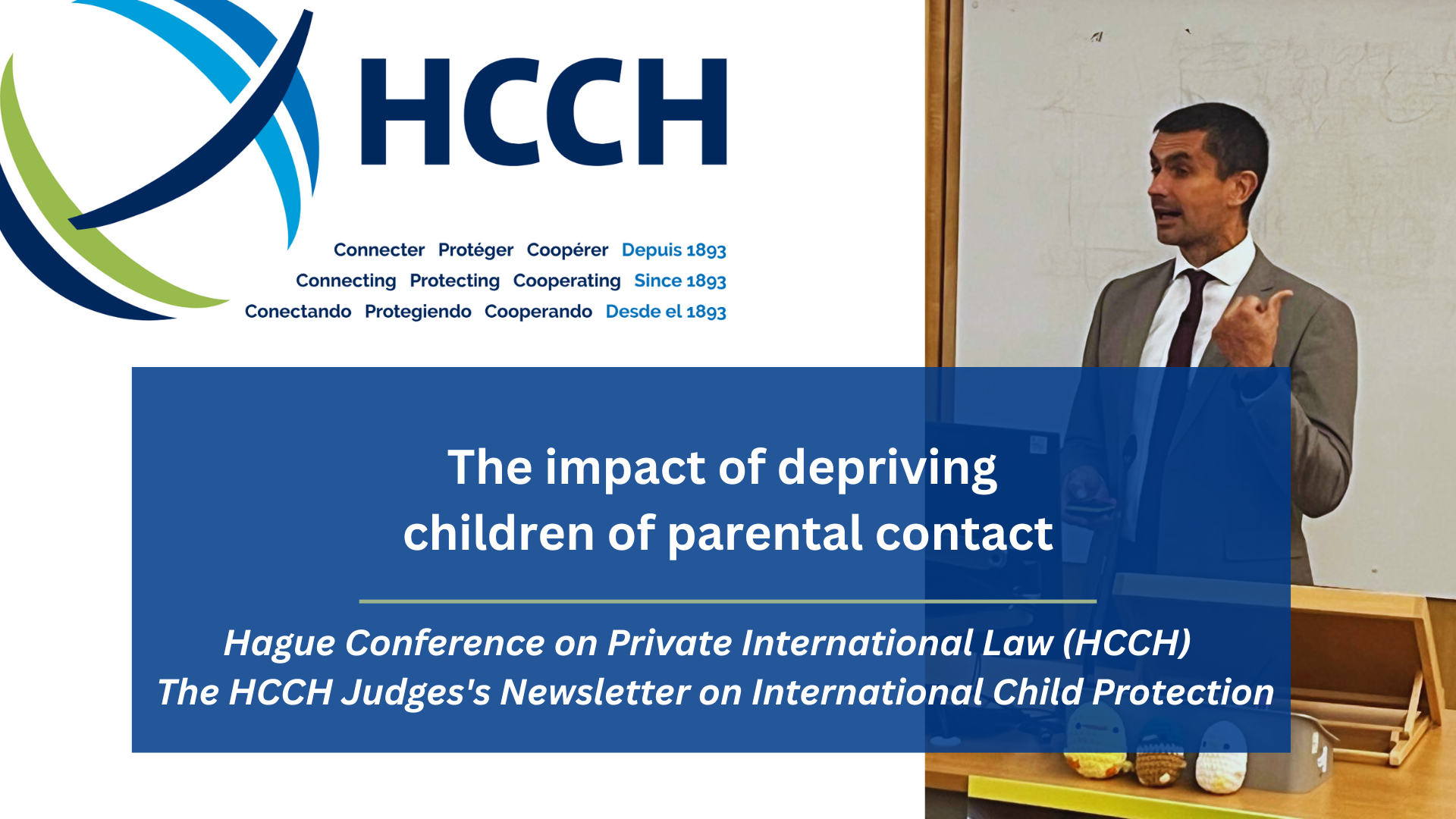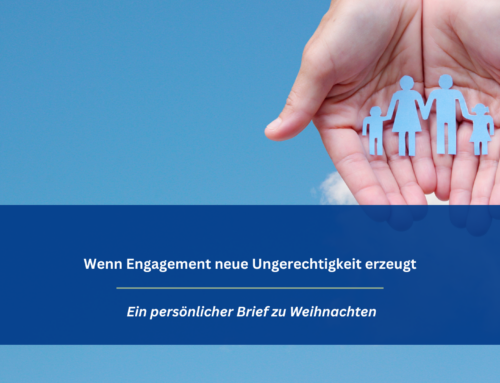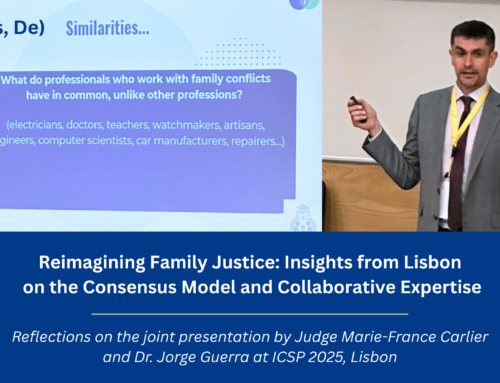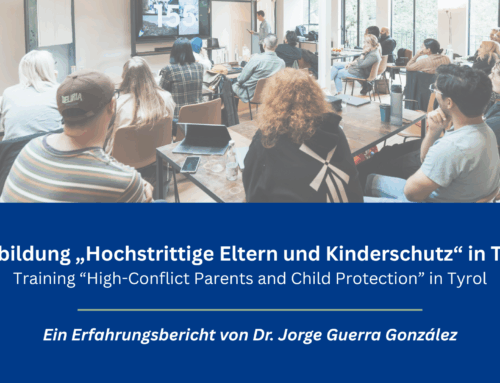The impact of depriving children of parental contact
The impact of depriving children of parental contact
Fifteen years after the HCCH Washington Declaration, cross-border parental contact deprivation remains a pressing concern in international family law. This article examines the long-term psychosocial effects of such deprivation through a mixed-methods study comparing adults who grew up in intact families, separated families, and those who experienced an unjustified but intentional loss of parental contact. Drawing, among other frameworks, on theories of attachment and conflict psychology, this contribution highlights the profound and enduring impact of unresolved family conflict — not only on the affected children, but also on the estranged parent and extended family members, often across generations.
What is presented here is only an overview of the broader societal consequences of cross-border parental contact deprivation. At the same time, the study exposes several systemic inconsistencies. The findings call for a critical reassessment of current practices in legal and social systems, emphasising the need for early mediation, comprehensive professional training, and a more nuanced understanding of children’s needs.
Find the complete article „The impact of depriving children of parental contact“ in the The HCCH* Judges’s Newsletter on International Child Protection, starting from p. 23.
Download: https://www.researchgate.net/publication/396423493_The_impact_of_depriving_children_of_parental_contact
*Hague Conference on Private International Law (HCCH)
Fifteen years after the HCCH Washington Declaration, cross-border parental contact deprivation remains a pressing concern in international family law. This article examines the long-term psychosocial effects of such deprivation through a mixed-methods study comparing adults who grew up in intact families, separated families, and those who experienced an unjustified but intentional loss of parental contact. Drawing, among other frameworks, on theories of attachment and conflict psychology, this contribution highlights the profound and enduring impact of unresolved family conflict — not only on the affected children, but also on the estranged parent and extended family members, often across generations.
What is presented here is only an overview of the broader societal consequences of cross-border parental contact deprivation. At the same time, the study exposes several systemic inconsistencies. The findings call for a critical reassessment of current practices in legal and social systems, emphasising the need for early mediation, comprehensive professional training, and a more nuanced understanding of children’s needs.
Find the complete article „The impact of depriving children of parental contact“ in the The HCCH* Judges’s Newsletter on International Child Protection, starting from p. 23.
Download: https://www.researchgate.net/publication/396423493_The_impact_of_depriving_children_of_parental_contact
*Hague Conference on Private International Law (HCCH)





